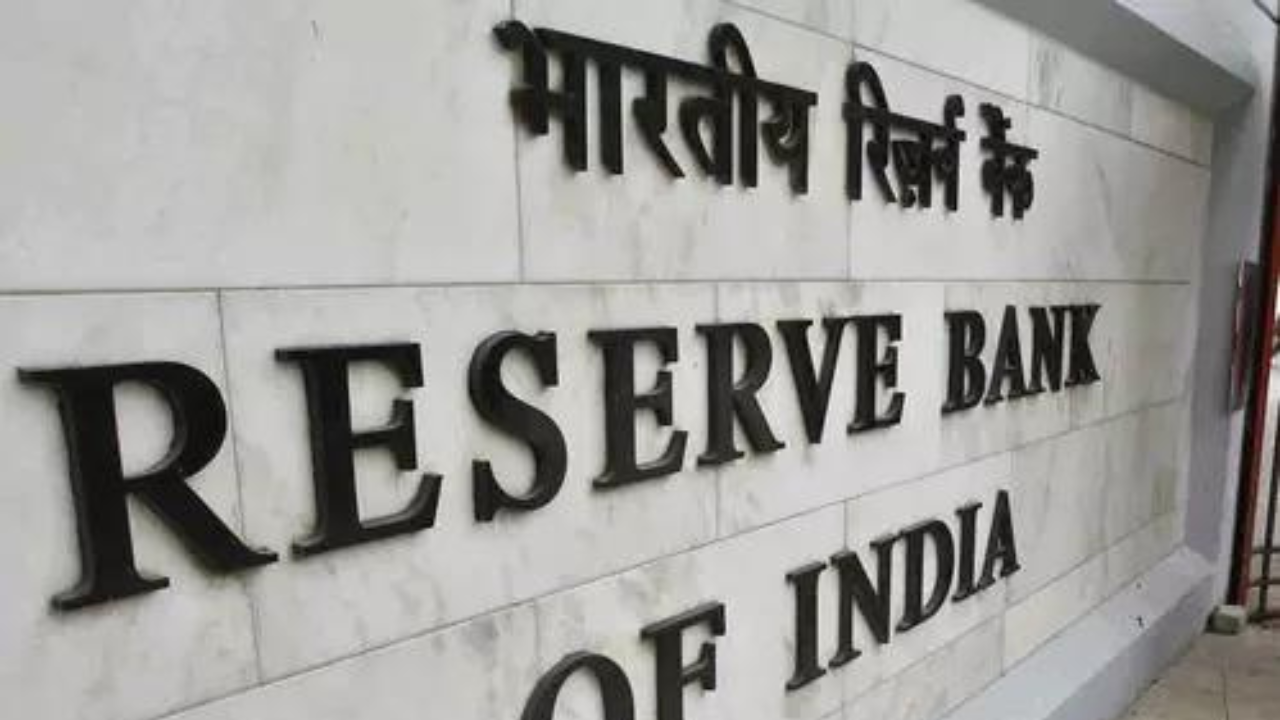Q1: What has the Reserve Bank proposed regarding climate-related financial risks?
A1: The Reserve Bank has proposed making it mandatory for banks and Non-Banking Financial Companies (NBFCs) to disclose information about their climate-related financial risks on a standalone basis.
Q2: What are climate-related financial risks?
A2: Climate-related financial risks refer to potential risks that may arise from climate change or efforts to mitigate climate change, along with their related impacts and economic and financial consequences.
Q3: Who are affected by the proposed disclosure requirements?
A3: The affected entities include commercial banks (excluding Local Area Banks, Payments Banks, and Regional Rural Banks), certain primary (Urban) cooperative banks, All-India Financial Institutions (like EXIM Bank, NABARD, NaBFID, NHB, and SIDBI), and all large NBFCs.
Q4: Why is it important for regulated entities to disclose information on climate-related financial risks?
A4: Disclosing information on climate-related financial risks helps in early assessment of such risks and opportunities, facilitates market discipline, and has significant implications for financial stability.
Q5: Should the disclosures be made on a standalone or consolidated basis?
A5: The disclosures should be made on a standalone basis and not on a consolidated basis. Foreign banks are required to make disclosures specific to their operations in India.
Q6: What are the thematic areas covered by the draft guidelines?
A6: The disclosures should cover four thematic areas: Governance, Strategy, Risk Management, and Metrics and Targets.
Q7: What is the significance of these disclosures?
A7: These disclosures aim to provide more structured information about climate-related financial risks, enhancing transparency and accountability among financial institutions.
Q8: How should these disclosures be reviewed and controlled?
A8: The disclosures should be subject to appropriate internal control assessments and should be reviewed by the Board of Directors or a Committee of the Board.
Q9: By when are comments on the draft guidelines invited?
A9: The Reserve Bank has invited comments on the draft guidelines by April 30, 2024.
A1: The Reserve Bank has proposed making it mandatory for banks and Non-Banking Financial Companies (NBFCs) to disclose information about their climate-related financial risks on a standalone basis.
Q2: What are climate-related financial risks?
A2: Climate-related financial risks refer to potential risks that may arise from climate change or efforts to mitigate climate change, along with their related impacts and economic and financial consequences.
Q3: Who are affected by the proposed disclosure requirements?
A3: The affected entities include commercial banks (excluding Local Area Banks, Payments Banks, and Regional Rural Banks), certain primary (Urban) cooperative banks, All-India Financial Institutions (like EXIM Bank, NABARD, NaBFID, NHB, and SIDBI), and all large NBFCs.
Q4: Why is it important for regulated entities to disclose information on climate-related financial risks?
A4: Disclosing information on climate-related financial risks helps in early assessment of such risks and opportunities, facilitates market discipline, and has significant implications for financial stability.
Q5: Should the disclosures be made on a standalone or consolidated basis?
A5: The disclosures should be made on a standalone basis and not on a consolidated basis. Foreign banks are required to make disclosures specific to their operations in India.
Q6: What are the thematic areas covered by the draft guidelines?
A6: The disclosures should cover four thematic areas: Governance, Strategy, Risk Management, and Metrics and Targets.
Q7: What is the significance of these disclosures?
A7: These disclosures aim to provide more structured information about climate-related financial risks, enhancing transparency and accountability among financial institutions.
Q8: How should these disclosures be reviewed and controlled?
A8: The disclosures should be subject to appropriate internal control assessments and should be reviewed by the Board of Directors or a Committee of the Board.
Q9: By when are comments on the draft guidelines invited?
A9: The Reserve Bank has invited comments on the draft guidelines by April 30, 2024.
Denial of responsibility! News Continue is an automatic aggregator of the all world’s media. In each content, the hyperlink to the primary source is specified. All trademarks belong to their rightful owners, all materials to their authors. If you are the owner of the content and do not want us to publish your materials, please contact us by email – [email protected]. The content will be deleted within 24 hours.


